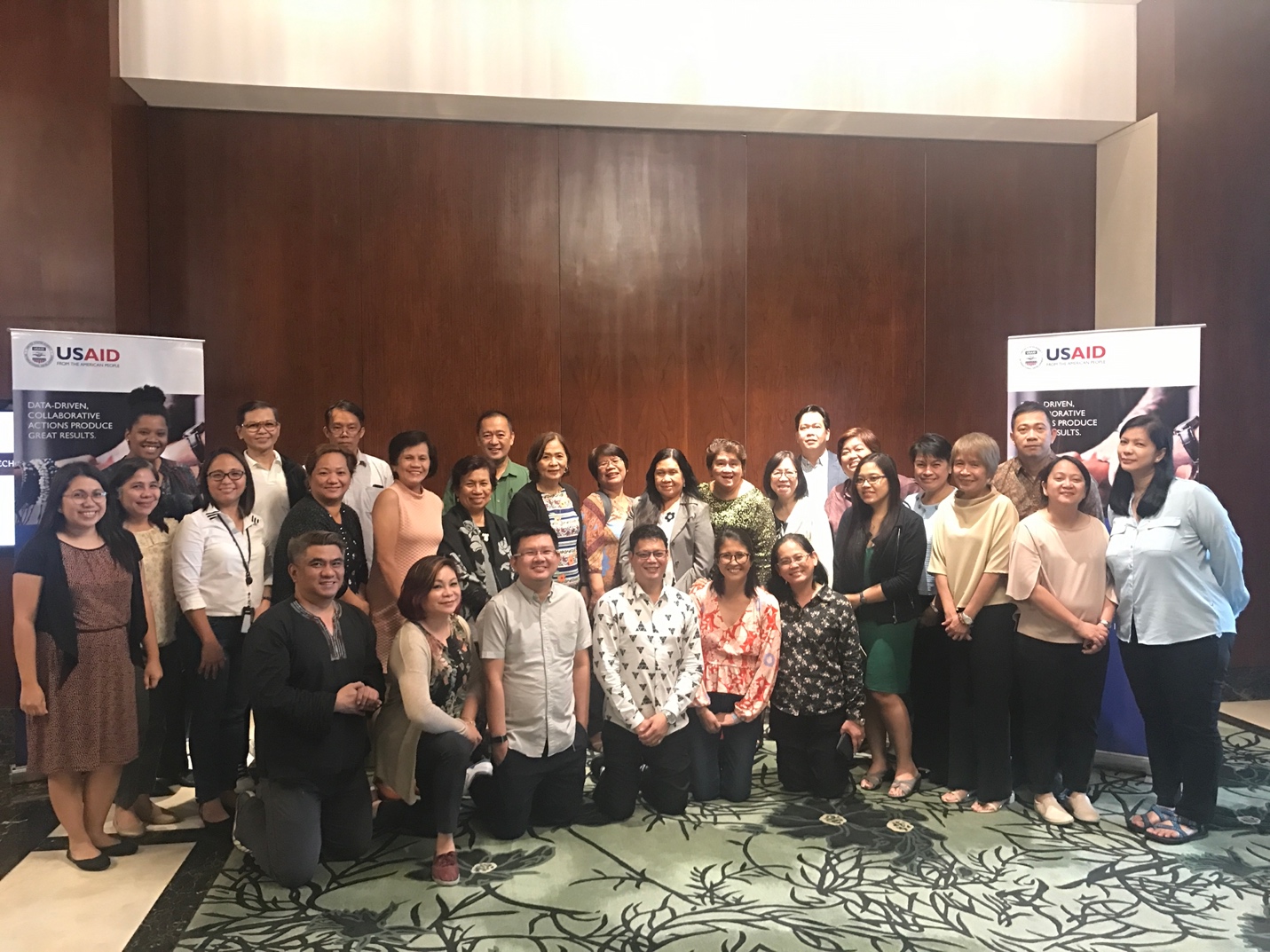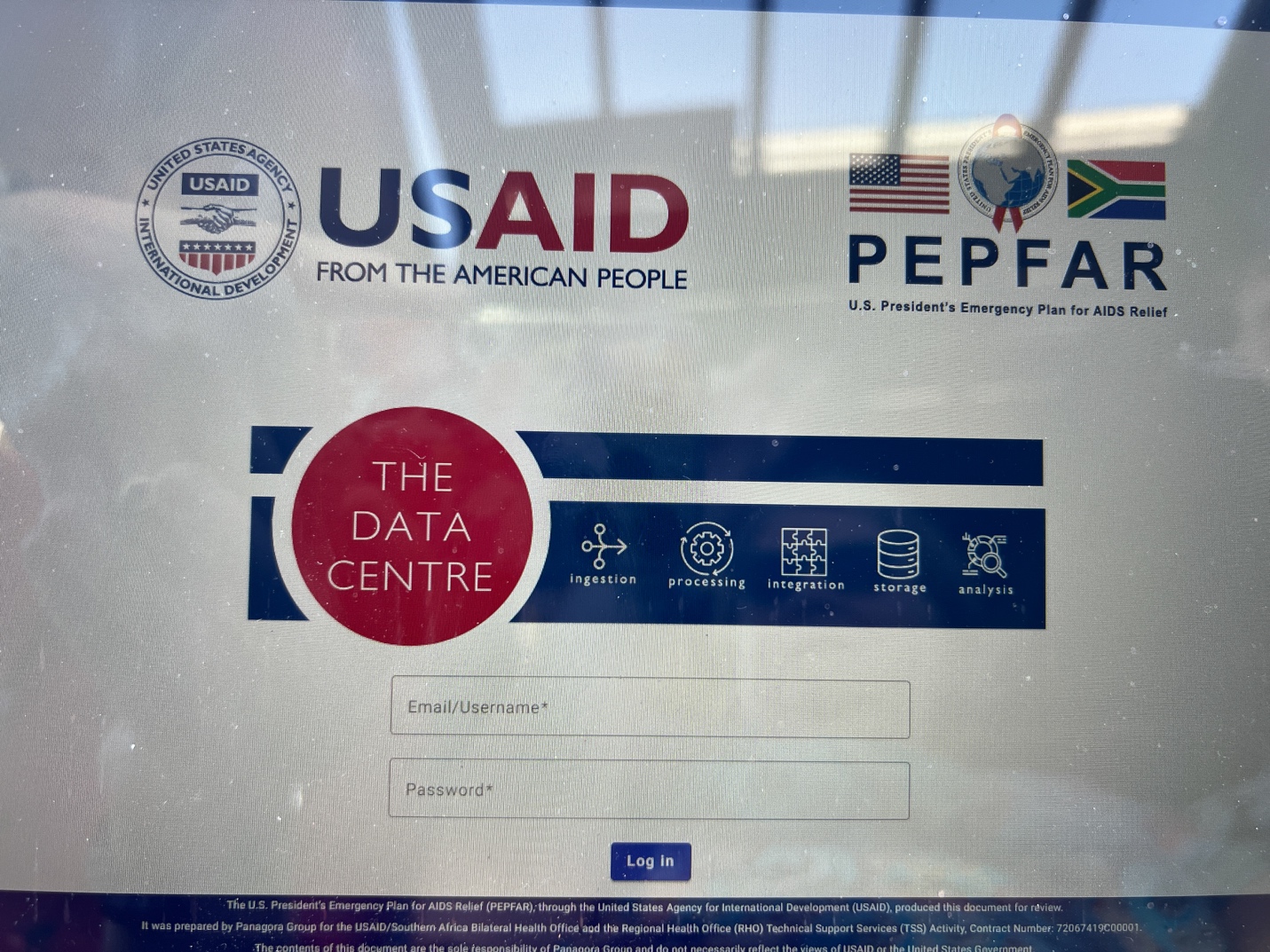Learning and innovation go hand in hand. At Panagora, we champion collaboration and iterative learning to create innovative solutions to make the world a better place for good. How do we do this? We use an Evidence to Action (E2A) approach to Monitoring, Evaluation and Learning (MEL) and Collaborating, Learning and Adapting (CLA) throughout the program cycle for course corrections to maximize development impact. By doing so, we close the gaps between sharing curated evidence and the learning and adapting needed to ensure evidence is used by broad stakeholder audiences to improve health and development outcomes. To ensure sustainability and achieve contextually based solutions, we work with and through local experts and entities to achieve these goals. Through localization, we not only strengthen capacity but we “make it stick.”

Capturing Vast Amounts of Data in Accessible Visualizations to Drive Continuous CLA
There is a last mile to travel on the road to evidence-based decision making. Insights derived from the best data and evidence remain ethereal until and unless translated into tangible actions. In South Africa, under the Technical Support Services (TSS) contract, Panagora provides programmatic and strategic information assistance to USAID’s Health Office toward its goals of reducing HIV and Tuberculosis (TB) infections, increasing the sustainability of HIV and TB response systems, and improving the care and treatment of vulnerable populations. To achieve these objectives, USAID and its partners require high-quality, high-volume data, delivered and analyzed with speed to inform real-time change in programs that drive better development outcomes.
Under TSS, Panagora built and currently maintains a cloud-based Data Center that is a one-stop shop for data management and analytics. Beginning with the entry of over 250,000 data points each month, all the way to producing rigorous analytics and visuals, the Panagora team provides the Health Office with the data and evidence needed to drive program improvement. However, our work does not end there. Within the framework of CLA, Panagora creates a synergistic working environment that promotes open dialogue and collaboration towards a shared vision of optimal program support among USAID, its partners, and government counterparts. We do this by providing coaching, organizing team retreats to foster collaboration, developing tools for organizational learning, and even managing a state-of-the art conference center for collaboration and learning. We transform this vast amount of data into digestible analytics and compelling visuals that drive a continuous process of CLA.

From Evidence Curation to Knowledge Sharing
Turning curated content into knowledge sharing is the next challenge. Knowledge sharing is the groundwork for strengthening capacity among our local partners and the broader community of stakeholders. Panagora, as a subcontractor to the Chemonics-led Global Health Supply Chain-Procurement and Supply Management (GHSC-PSM) consortium, plays a pivotal role in the success of this project—USAID’s largest and most complex—by leading the communications and knowledge management component. Panagora’s GHSC-PSM communication and knowledge products for GHSC-PSM are developed and disseminated to strategic audiences to serve as catalysts for action in the delivery of essential medicines and commodities. Pleased by the initial website design and performance of the project website, USAID requested early on that the site be reconfigured to include all projects under the GHSC program, eight in total. Panagora has produced and widely disseminated an extensive portfolio of technical briefs, impact briefs, success stories, photos, fact sheets and videos that have received both praise and awards from USAID Washington and USAID missions. The expansive range of topics covered provides key stakeholders the resources needed to achieve the project’s goal. The topics include last-mile availability of health commodities, activity-based costing, outsourcing logistics to the private sector, laboratory network optimization, decentralized drug distribution, and recovery strategies for public health supply chains following pandemics as well as other catastrophic events.
Evidence-Driven Adaptive Management Via Collaboration
Panagora worked closely with USAID/Philippines to institutionalize CLA practices under CLAimHealth and later CLAimDev. CLAimHealth began in 2018 with the goal of creating a CLA culture within the Mission’s Health Office and among implementing partners (IPs) to institutionalize the collaboration and synergy needed to improve health outcomes. In 2020, the activity was expanded under CLAimDev to include all the Mission’s programs. Under CLAimHealth and CLAimDev, Panagora helped USAID’s Mission staff strategically collaborate with key internal and external stakeholders, adopt a culture of continuous learning, and practice effective and agile adaptive management to achieve greater development impact.
A foundational element for successfully creating a culture of CLA among USAID and IPs was an innovative CLA technical working group made up of Mission AORs and CORs and IP staff members (primarily Chiefs of Party, M&E specialists and KMC specialists) that met bi-monthly to review evidence and identify/track adaptive decisions and agreements. By meeting regularly over the years, learning to review evidence together, collectively interpret evidence, and adapt collaboratively, the technical working group became a powerful force for driving CLA practices among USAID and IPs. We captured the evidence in a knowledge library. Building trust among USAID staff and the IPs through the technical working group was key to facilitating collective learning from successes and failures and then taking the next step to adapting and innovating for better development outcomes.
The E2A Approach: The Bridge between Evidence and Action
As a small business, Panagora has the agility and creativity to serve the evolving needs of USAID’s complex programs. Our E2A approach requires the speed and adaptability that a small business can provide to quickly pivot in real time using the evidence generated by M&E, facilitating the conditions to get that evidence to decision makers for learning and adapting, and then broadly sharing the learning among relevant stakeholders.







